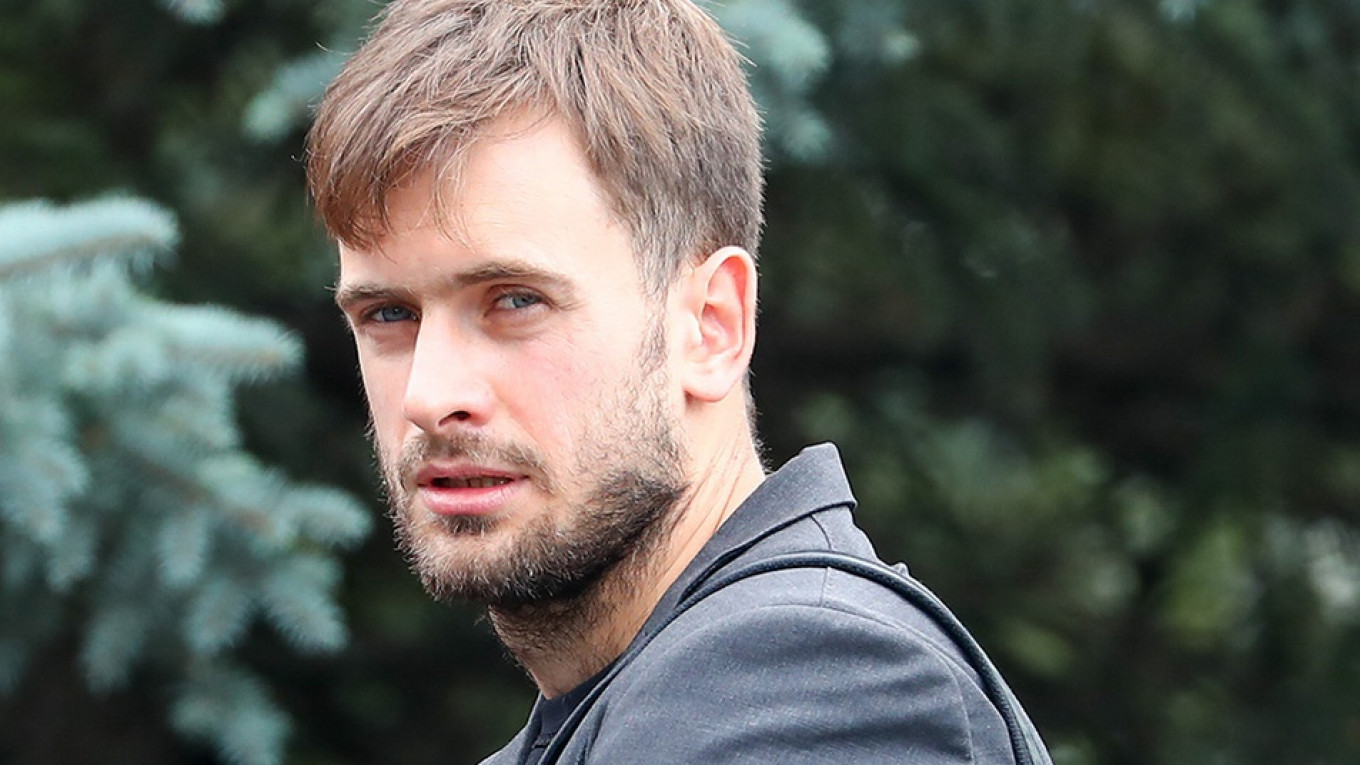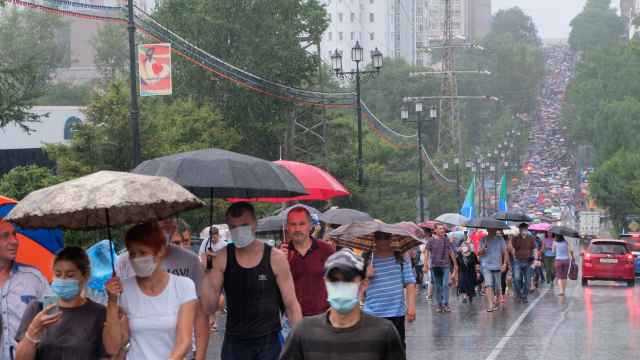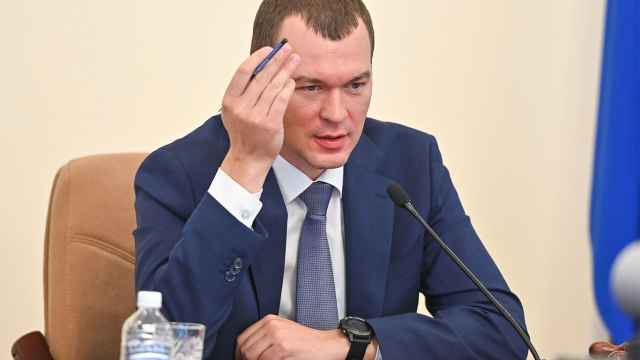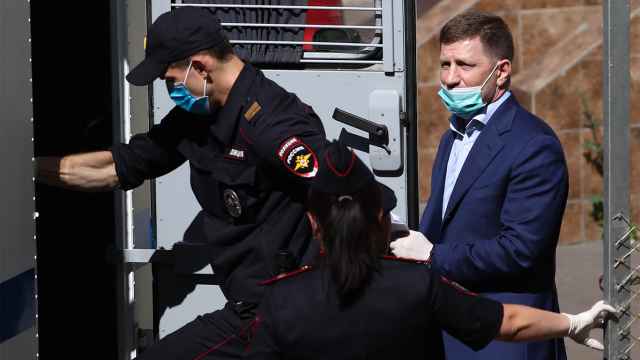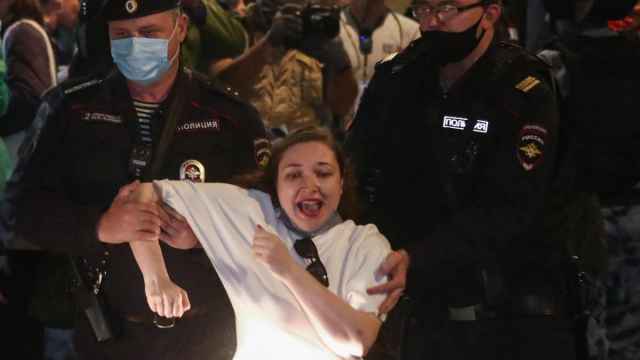Prominent anti-Kremlin activist Pyotr Verzilov is seriously ill and in hospital, members of the Pussy Riot protest band with whom he collaborated said late on Wednesday, suggesting he may have been poisoned.
Verzilov, 30, staged a brief pitch invasion during the soccer World Cup final in Moscow in July along with three women affiliated to the anti-Kremlin punk band and is the publisher of Mediazona, a Russian online news outlet which focuses on human rights violations inside Russia's penal system.
"Our friend, brother, comrade Pyotr Verzilov is in reanimation. His life is in danger. We think that he was poisoned," Pussy Riot said on its official Twitter feed.
Sergei Smirnov, editor-in-chief of Mediazona, struck a more cautious note however, confirming on social media that Verzilov was in hospital but saying nobody knew his diagnosis, making it difficult to understand what was going on.
Online news portal Meduza cited Veronika Nikulshina, who it said was Verzilov's girlfriend, describing how he had been rushed to hospital on Tuesday night after he started to lose his eyesight and ability to talk and walk.
Verzilov is also a citizen of Canada. Prime Minister Justin Trudeau said he was worried by what happened, adding that Canadian consular officials had reached out to the hospital.
"It is of concern, obviously, particularly given actions of recent months by the Russians in the United Kingdom ... but it is too early to draw any conclusions about what has happened," he told reporters in the western city of Saskatoon.
Earlier this month Canada said it backed Britain’s assessment that Russian officers were behind an attack in March on a former Russian spy and his daughter in the English city of Salisbury.
Verzilov and the others served a 15-day sentence for running onto the pitch in front of President Vladimir Putin and other high-ranking officials wearing police uniforms during the final of the World Cup on July 15, a stunt they said was meant to promote free speech.
Pussy Riot came to prominence in 2012 when its members were jailed for staging a protest against Putin in a Russian Orthodox cathedral in Moscow. The group has since become a symbol of anti-Kremlin protest action.
A Message from The Moscow Times:
Dear readers,
We are facing unprecedented challenges. Russia's Prosecutor General's Office has designated The Moscow Times as an "undesirable" organization, criminalizing our work and putting our staff at risk of prosecution. This follows our earlier unjust labeling as a "foreign agent."
These actions are direct attempts to silence independent journalism in Russia. The authorities claim our work "discredits the decisions of the Russian leadership." We see things differently: we strive to provide accurate, unbiased reporting on Russia.
We, the journalists of The Moscow Times, refuse to be silenced. But to continue our work, we need your help.
Your support, no matter how small, makes a world of difference. If you can, please support us monthly starting from just $2. It's quick to set up, and every contribution makes a significant impact.
By supporting The Moscow Times, you're defending open, independent journalism in the face of repression. Thank you for standing with us.
Remind me later.


